
Sweden’s environmentally-conscious society continues to use nuclear power
The Swedish Government recently asked Parliament to allow the power output at Sweden’s existing nuclear reactors to be increased, as well as to grant an eventual life-time extension for some of them.
andPersson(R).jpg)
In Sweden about half of electricity provision comes from nuclear power. When the weather allows it wind power also contributes to electricity production. The rest is supplied by hydropower.
Wind power has been used by man for centuries, but it is not without controversy. It is intermittent and unreliable. Many people dislike the noise turbines make and it requires vast amounts of space because the turbines must be located at a set distance from each other in order to avoid “stealing” wind from their neighbors. Also the economy rating is poor because a lot of steel is needed for the construction and expensive electrical equipment is required for the electricity transmission. Furthermore, instant back-up capacity must always be available.
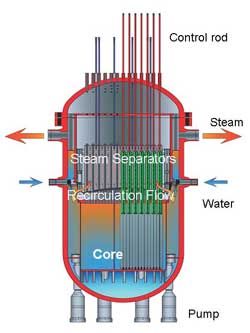
At the moment Sweden is hosting many European Union conferences and meetings. One of the main points on the agenda is environmental protection, notably by decreasing the burning of coal and oil to reduce the release of harmful greenhouse gases into the air. Many types of transportation can also be powered by using less fossil fuels and more non CO2-emitting electricity generating sources.
Neighboring Finland is building a new nuclear power plant. Another plant is planed in Loviisa, in southern Finland, and several communities in the north have expressed willingness to host a new power plant.
A powerful transmission cable is planned to link Sweden to the Baltic region in order to enable the latter to connect to the Nordic electricity grid. This will enable the Baltic countries to become integrated with the European Union’s energy system.
The Swedish government has allowed the currently operating reactors be replaced with new ones. The industry has responded by indicating that Oskarshamn 1 and Ringhals 1 would be the first ones to be replaced.
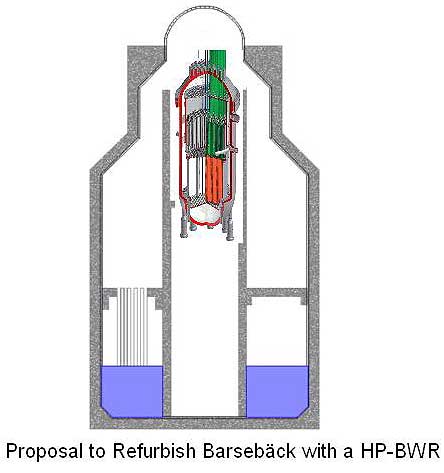
To minimize costs currently used buildings could be retained and a new concept applied to include the installation of an environmentally-friendly, safer and more economical reactor, like the High Pressure Boiling Water Reactor, HP-BWR. Information on HP-BWRs was previously presented in ENS NEWS in July 2008. Here is the link: www.euronuclear.org/e-news/e-news-21/concept-of-the-future.htm
The Barsebäck 1 reactor was closed ten years ago. Radiation in the reactor and its vicinity has greatly decreased since then as many components have been removed. It would be easy to refurbish the plant and install an HP-BWR, providing there was a change in policy. One thing’s for sure, nuclear power will remain in Sweden.
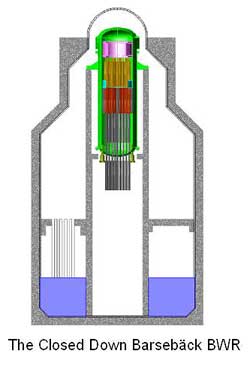
Frigyes Reisch and Lars Persson, Stockholm, Sweden.
|


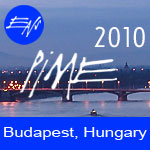
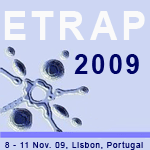
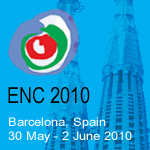

andPersson(R).jpg)


